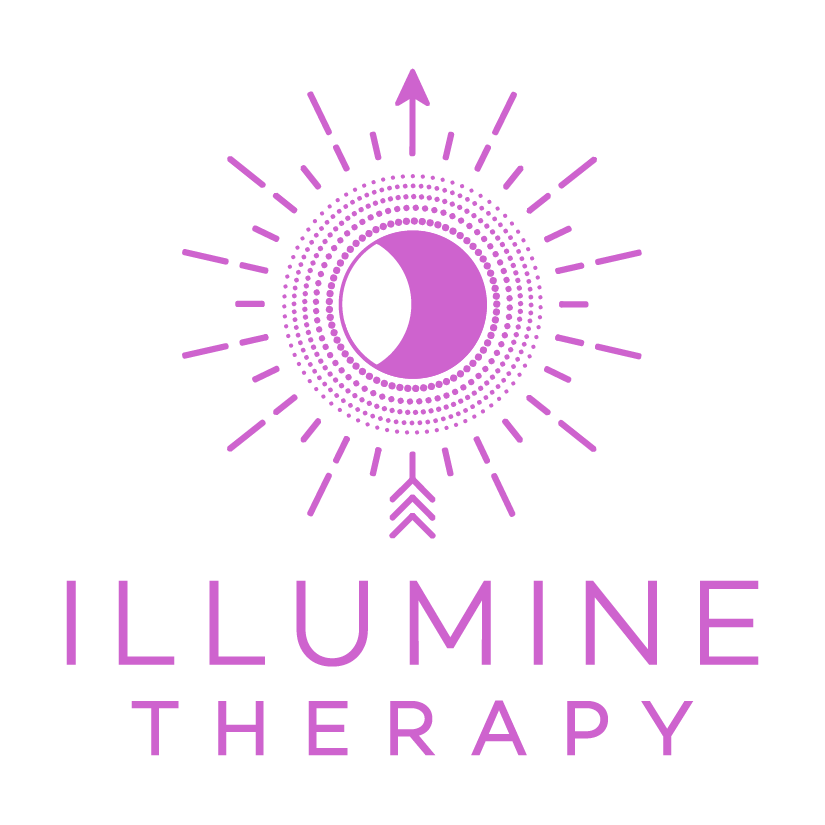The Top 4 Myths about counseling, therapy, or psychotherapy in Ogden, UT
You find yourself still hesitant to look up a therapist in Ogden, UT. You know going to therapy would be beneficial, but you can’t seem to pull the plug. Most of your questions have been answered, but you still have a few lingering thoughts. Doubt starts to creep in, and you worry this is not a good next step. Ideas come in about things you’ve heard. You are unsure if they are right or just myths. I get it. It is hard to navigate something you might not have done before. However, don’t let misconceptions get in the way of you getting help. Below are a few common myths that come up in conversations with loved ones seeking therapy.
Therapists “analyze” their clients.
Many counselors sought training not to analyze, diagnose, or manipulate their clients. They went to schooling for a multitude of reasons and most likely not to analyze you. The education to become a counselor does help therapists gain insight from different theories. These theories allow counselors to guide clients to work towards a goal and acquire the necessary tools and insights to cultivate change.
Counseling is for those with serious problems.
While it is accurate counseling can help individuals suffering from severe problems, many people who go to counseling are skilled, bright, and stable people. Most individuals seek counseling for everyday issues such as relationship problems, stress, trauma, low self-esteem, or symptoms of depression. Many people seek counseling for growth and development in an area they feel stuck.
Counselors just nod and stare at you.
Yes, sometimes I nod and listen. I have clients request the need to feel heard in a session and only want me to listen. Overall though, the amount of engagement a counselor does depends on the type of therapy a client needs. Sometimes I am animated, ask a lot of questions, intervene, and propose different interventions. Other times, I am quiet, attuned, listening, and providing space for the client. The best counselor will be able to read the room, attune to you and your nervous system, and provide the type of therapy a client needs for that session.
A counselor has not gone through what I have, does not know me, and so, therefore, can’t help me.
A therapist is not part of your day-to-day life, which can be the successful part of counseling. Counselors can be more impartial and less biased in this way, and that in and of itself can create movement and change. Family and friends might tell you what you should do, but a therapist has no skin in the game, so they’ll encourage you and help you find the answers that are right for your life.
I hope this list helps you move away from misconceptions and into a place of taking action. If you are still unsure, I’d be happy to hear about what is holding you back and help you find the right person. Feel free to call me at (385) 240-0689 for a free 15-minute phone consultation. If you are looking for help and think I might be a good fit, look around and read more about me here.

